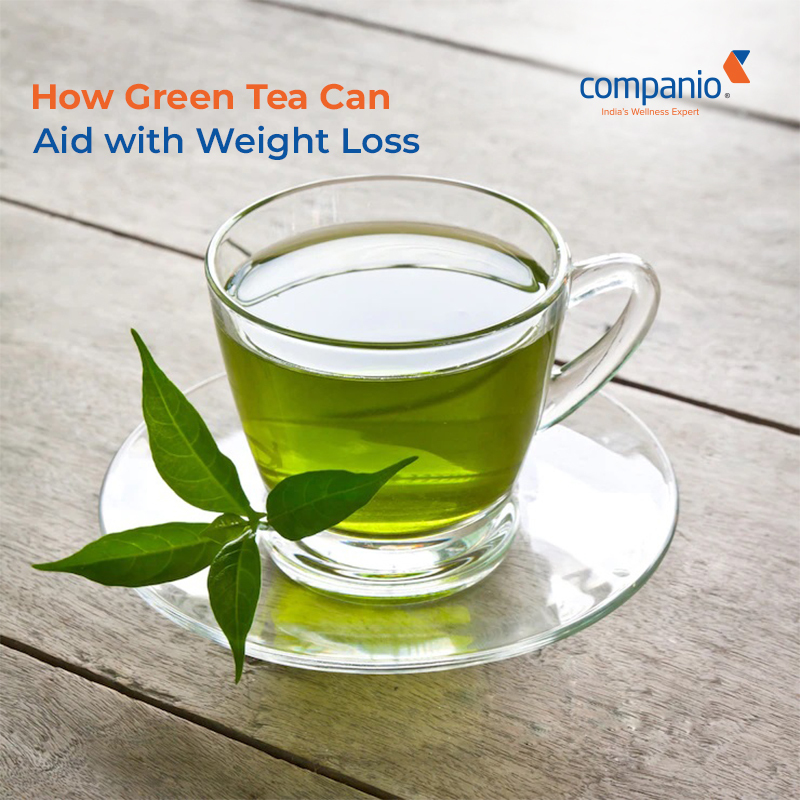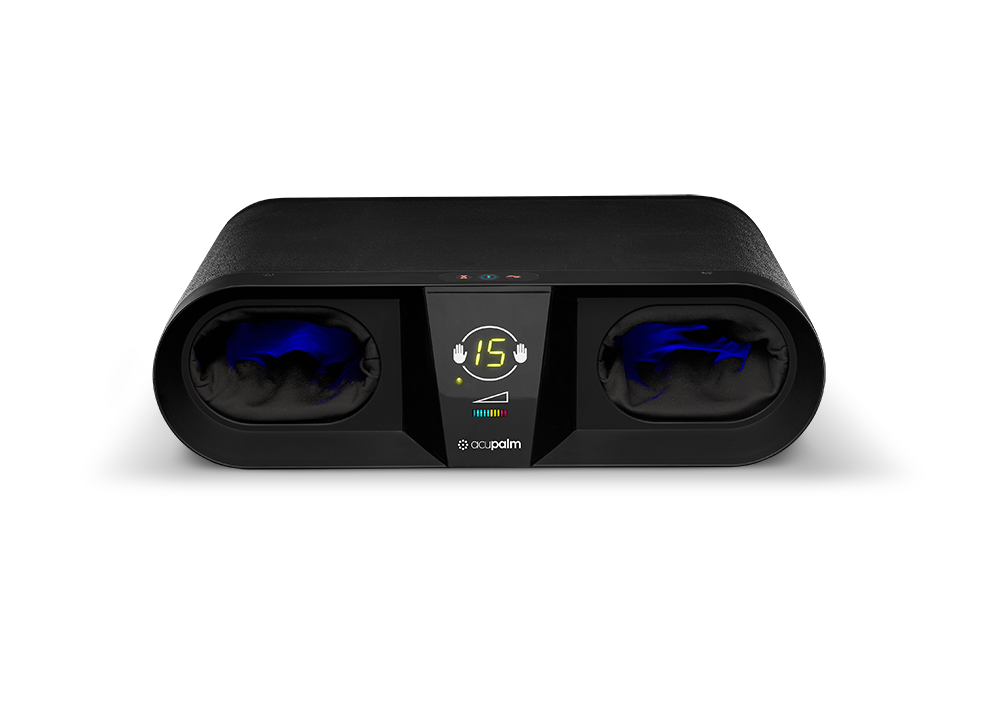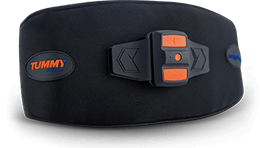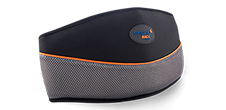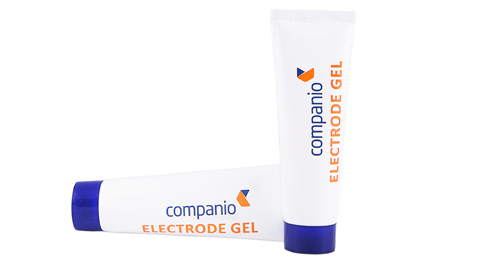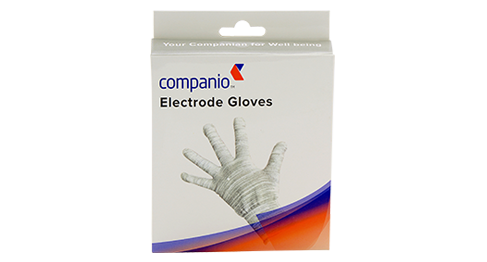- Call Us +91 9898852989

How Much Water Should You Drink Before Exercise
January 19, 2023 by Companio
You’re reminded frequently how crucial it is to drink enough water when working out. This raises the question of how much water you should actually be consuming. Continue reading for more information on the subject and advice on how to make sure you drink enough water before and after your workout.
Water, Water, Everywhere
The human body contains up to 60% water. Every cell in the body depends on this vital nutrient, which also serves as a “building material,” regulates internal body temperature through sweat, helps transport proteins and carbohydrates through the bloodstream, flushes waste through urination, cushions the brain and spinal cord from shock, produces saliva, and lubricates joints.
By preventing fatigue, cramps, dizziness, and other signs of dehydration throughout your workout, water is also crucial for your body to function at its peak.
Should You Drink Water Before A Workout?
Water should be consumed during your workout. When you exercise, you burn energy, your heart rate rises, and you start to perspire. Keeping hydrated while exercising will assist you in avoiding being dehydrated. Every 20 minutes throughout your workout.
Regularly drinking water might not be enough to hydrate your body for the strenuous exercise you’re putting it through if you’re exercising for longer than 2.5 hours or in a hot, humid environment. The amount of glycogen your muscles require to operate is depleted by this sort of hard exercise. While you can’t stop to eat or drinking, as when you’re running a marathon, you may turn to those vibrant sports beverages for a boost of much-needed energy.
How Much Water Before a Workout Should You Drink?
Preventing dehydration and drinking no more water than you are sweating out are the major objectives of drinking water when exercising.
Weighing yourself in your undies before and after a regular workout will help you determine if you’re getting enough fluids. You should make a point of consuming extra water throughout your workout in the future if your weight fluctuates by more than 2% of your initial weight.
Consuming 17 to 20 ounces of water two to three hours prior to an exercise to prevent it from happening. Then, consume an additional 8 ounces of liquid 20 to 30 minutes prior. Drink another 8 ounces within 30 minutes after finishing your workout, and then keep downing 16 to 24 ounces for every pound you lost during the exercise session to replace the water you lost via perspiration.
Post Workout Hydration
What happens if you’re on the run without a bottle of water or in a class that doesn’t allow for water breaks? Will you perish? Actually, not quite. You can definitely get by without a few sips of water if your typical routine lasts an hour or less and doesn’t include working up a sweat in hot or humid conditions.
If you’ve adequately prepared throughout the whole day by, you guessed it, drinking the necessary quantity of water, you shouldn’t be hindered by the average-sized healthy person’s ability to create up to 32 ounces of perspiration in a 60-minute session of severe indoor activity.
A quick, if disgusting, way to determine if you should drink water in class is to look at your pee beforehand. If the water is clear or light yellow, there is no need to worry; however, if the water is black and has a strong scent, you should consider drinking it periodically throughout your workout. Just remember to drink some water after class! Water enables your body to flush toxins from your muscles and joints, lessens pain, increases flexibility, and speeds up healing.



